T: 01822 851370 E: [email protected]
Visit RSN Survey about life in rural England to find out more.
September Edition of Casebook from the Rural Health and Care Alliance
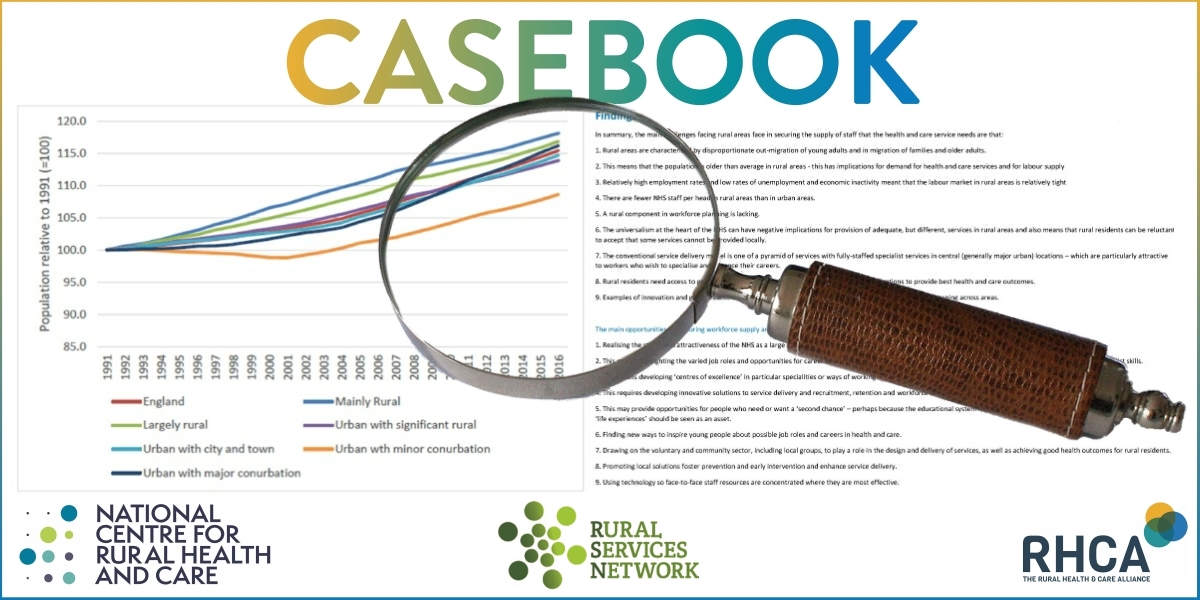
September 2021 Edition
This month – public health food additives, levelling up, testing , jabs and some notable other stuff including funding opportunities and impact of social care reforms in rural areas - read on!
NEWS COMMENTARY
Folic acid to be added to UK flour to help prevent birth defects
A very interesting example of public health policy in subtle action. This story tells us:
Folic acid is to be added to UK flour to help prevent spinal birth defects in babies, the government has announced.
Women are advised to take the B vitamin - which can guard against spina bifida in unborn babies - before and during pregnancy, but many do not.
It is thought that adding folic acid to flour could prevent up to 200 birth defects a year.
The new rules will only apply to non-wholemeal wheat flour, with gluten-free foods and wholemeal flour exempt.
Mandatory fortification - which the government ran a public consultation on in 2019 - will see everybody who eats foods such as bread getting more folic acid in their diets.
Neural tube defects, such as spina bifida (abnormal development of the spine) and anencephaly, a life-limiting condition which affects the brain, affect about 1,000 pregnancies per year in the UK.
Many babies diagnosed with spina bifida survive into adulthood, but will experience life-long impairment.
Women are advised to take 400 micrograms of folic acid a day for at least a month before conception and up to the 12th week of pregnancy.
Full article: https://www.bbc.co.uk/news/health-58615838
UK psychiatry chief urges funds to tackle mental health backlog
Rural mental health is a real challenge, which has been clearly exacerbated by the pandemic. This story tells us:
The “catastrophic” impact of the pandemic on mental health could wipe out years of progress unless there is a significant injection of cash, the president of the Royal College of Psychiatrists has said.
Psychiatrists have seen demand for care surge this summer, with referrals for people of all ages up 24% to 392,703 in June compared with 316,974 in June last year, new analysis of data reveals.
About 1.5 million people received NHS mental health support in June and many more are in desperate need of treatment, said Dr Adrian James, Britain’s most senior psychiatrist. The figures for June, the month for which statistics are most recently available, are the highest since records began.
Extra cash is now urgently needed to help a further 1.6 million people who are waiting for mental health treatment as more continue to come forward seeking help after a year of lockdowns, James said.
Full article: https://www.theguardian.com/society/2021/sep/20/uk-psychiatry-chief-urges-funds-to-tackle-mental-health-backlog
Health ‘levelling up’ will flop if cuts are not reversed, Javid told
Sajid Javid’s vow to “level up health” will fail unless the government reverses a decade of cuts to public health, an expert will warn on Monday.
The health secretary, Sajid Javid, has announced the creation of a new Office for Health Improvement and Disparities (OHID) and vowed it will have a “relentless focus” on health inequalities and “a driving mission to level up health”.
But the cross-government effort will flop if ministers do not prioritise the prevention of ill health and urgently restore funding to key public health services, Sir Michael Marmot will say in a speech at the Royal College of Nursing’s (RCN) annual congress.
“We need to adopt a health and social care system which prioritises not just the treatment of illness but how it can be prevented in the first place,” Marmot, the director of the UCL Institute for Health Equity, is expected to say.
Full article: https://www.theguardian.com/politics/2021/sep/19/health-levelling-up-will-flop-if-cuts-are-not-reversed-javid-told
Coronavirus: plans to end free rapid tests in England ‘reckless’
This is a highly controversial story and one giving significant cause for concern for vulnerable people in rural settings. It tells us:
England’s coronavirus testing strategy has been criticised as “reckless” amid plans to end the free provision of rapid tests and relax the monitoring of cases from abroad.
Families and businesses will have to pay for lateral flow tests from next year in an overhaul of Downing Street’s approach to the pandemic.
More than 95m of the 30-minute tests have been used since they were made freely available in England from April. Reported to cost £5-£30 each, they have identified more than 620,000 cases, mostly in people without symptoms but who could still transmit the virus.
Mayors, teaching unions and directors of public health said charging for lateral flow tests was a “backward step” that threatened to throw schools back into chaos, accelerate the spread of the virus and deepen health inequalities.
Full article: https://www.theguardian.com/world/2021/sep/17/coronavirus-plans-to-end-free-rapid-tests-in-england-reckless
Covid: How can missing five million be persuaded to have the jab?
I wonder what proportion of these vaccine deniers live in rural England…??? This story tells us:
The Covid debate has recently centred on whether teenagers should have the vaccine and when the most vulnerable will receive booster jabs. But a third group is of real concern among scientists and politicians - the five million or so adults yet to have a first dose.
"Amelia", 34, has had about four months to get a coronavirus vaccine but so far has quietly refused. She does not want her identity revealed, because she is worried she will receive abuse.
"I do feel guilty," Amelia says. "I never mention it to anyone, because I think they'll judge me or think I'm an anti-vaxxer. It does feel like I'm hiding from everyone.
"I am healthy and young and I don't like putting things in my body," she says, recalling refusing a flu jab when pregnant. "I was fine, so I guess I think it'll be the same with coronavirus.
"I know I should get a vaccine. I thought I had built up the courage to do it on a few occasions. But then I saw something on social media which scared me and I couldn't - I'm petrified."
The UK has administered more than 48 million first doses so far.
But attention is increasingly falling on those who haven't had it. Speculation has centred on which dancers on Strictly Come Dancing have so far not taken up the offer, as well as how many Premier League footballers are potentially unvaccinated.
Full article: https://www.bbc.co.uk/news/health-58594542
MEMBER ARTICLES
We’d love to hear from you - share what you’re proud of
If you have something you would like us to feature in a future edition, please let us know by clicking here to send us an email.
NATIONAL CENTRE UPDATE
Last month has saw a number of noteworthy developments including:
Impact of Social Care Reforms in Rural Areas
A report has been launched by the Rural Services Network (RSN) and County Council’s Network (CCN) and is designed to describe and quantify the current state of adult social care in county and rural areas. It draws on fresh analysis of the most recent NHS England activity and financial data, alongside funding estimates and cost projections for adult social care in England. The full report and the Executive Summary can be seen by following the links below:
- The State of Care in Counties and Rural Areas full report
- The State of Care in Counties and Rural Areas executive summary
Community of Practice
We are really pleased that the NHS Confed have now recruited to the role which will lead the partnership relationship in the context of the rural community of practice we are planning with them. A programme of meetings will be released shortly. If you have any ideas for themes you would like to include in the community of practice programme please let us know, click here to email us.
Rural Generalists
On 27 September we are meeting the Australian College of Rural and Remote Medicine to compare notes. This is exciting stuff and I am optimistic we will both learn lots from them and create a positive long term prospect for international collaboration. Many thanks to HEE for supporting this stream of work.
Rural Proofing for Health Toolkit
We are in advanced discussions with colleagues in Northern Ireland about the roll out of the toolkit with them and our partners Rural Community Network. It will be great to link this interest in with the key players in Devon, Lincolnshire, Shropshire and Suffolk who have also expressed an interest in piloting the toolkit. To access the Rural Proofing for Health Toolkit click here.
Parliamentary Inquiry
We have been slightly delayed in pulling together the outputs from this work. It is still on target for a final launch in late autumn but that is likely to be November 2021.
Campus for Future Living
This initiative which is to be a national exemplar for training, meditech development and multi-agency working picked up a reference in the CMO’s annual report. It has now also had funding confirmed and will be up an running around 18 months from now. It has a dedicated project manager and a clear agenda leading to its opening in 2022. If you’d like to know click here to get in touch.
FUNDING OPPORTUNITIES
This month we focus on two funding streams including:
- NFU Mutual Charitable Trust – funding for education and young people projects
- Department for Digital, Culture, Media and Sport – Loneliness Engagement Fund To find out more about each of these funds click here
Spread the word
If you know of other organisations that you think would benefit from joining the Rural Health & Care Alliance, please click here to email us and let us know.
RURAL SERVICES NETWORK
Up to date news on Health and Care
The Rural Services Network provides a useful source of themed news content and data. Check out the latest news on Health & Wellbeing and Vulnerability, where you’ll find articles on a diverse range of rural issues affecting rural communities. You might also find this research on Over 65 Population Projections useful too.
Latest from RSN Member Insights
RSN Member Insights is the place to discover the statistics that define communities within our membership. It is regularly updated with new analyses, and these will be highlighted in the 'What's New' section of the RSN's Weekly Rural Bulletin. The Rural Bulletin also provides a selection of the most rurally topical news items, so do subscribe and encourage your colleagues to subscribe to what is an invaluable weekly periodical.
To make a suggestion of data that would benefit you by being included in the Member Insights section, please email Dan Worth, our Research and Performance Analyst, at [email protected].
| The Rural Health & Care Alliance is a membership organisation administered by the Rural Services Network on behalf of the National Centre for Rural Health & Care. Explore the RHCA service below: |
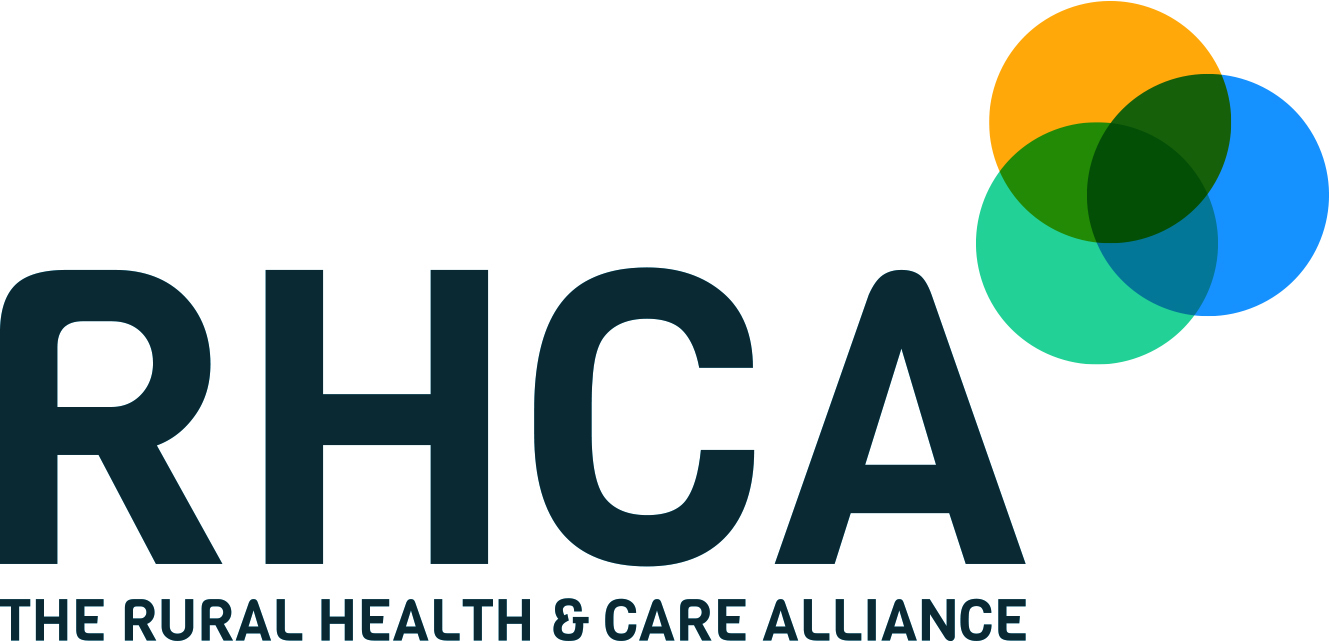 |
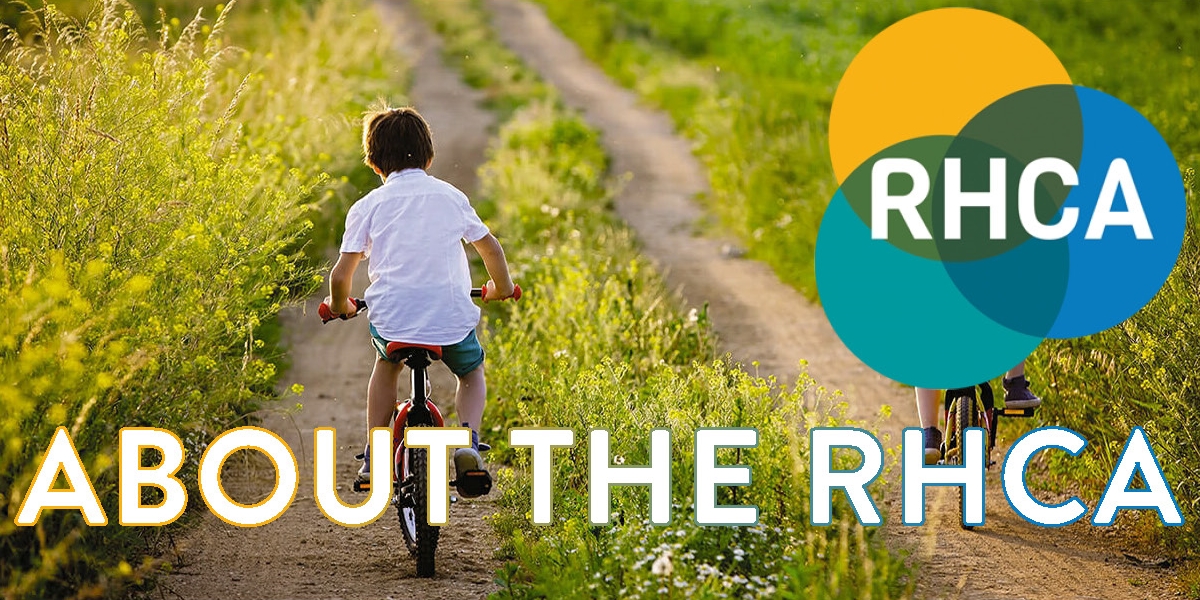 |
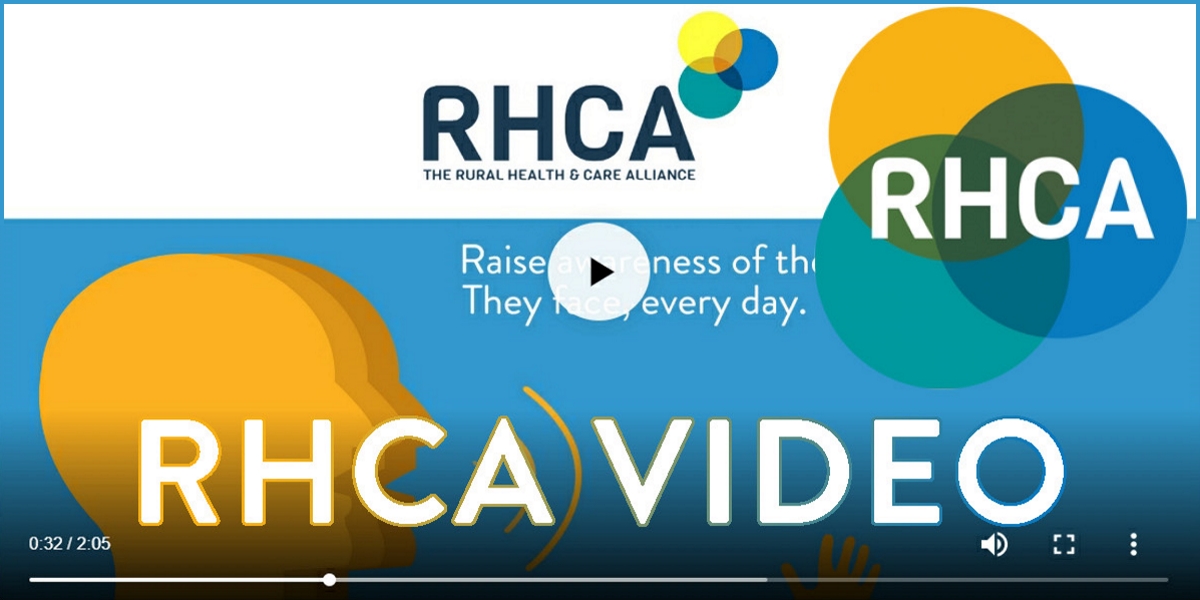 |
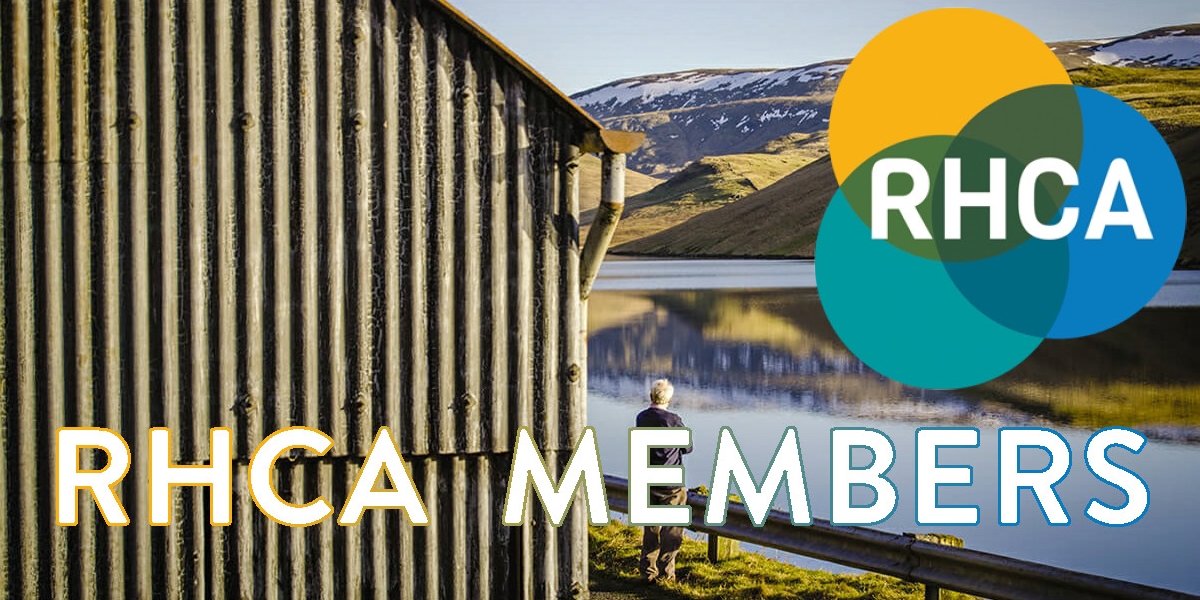 |
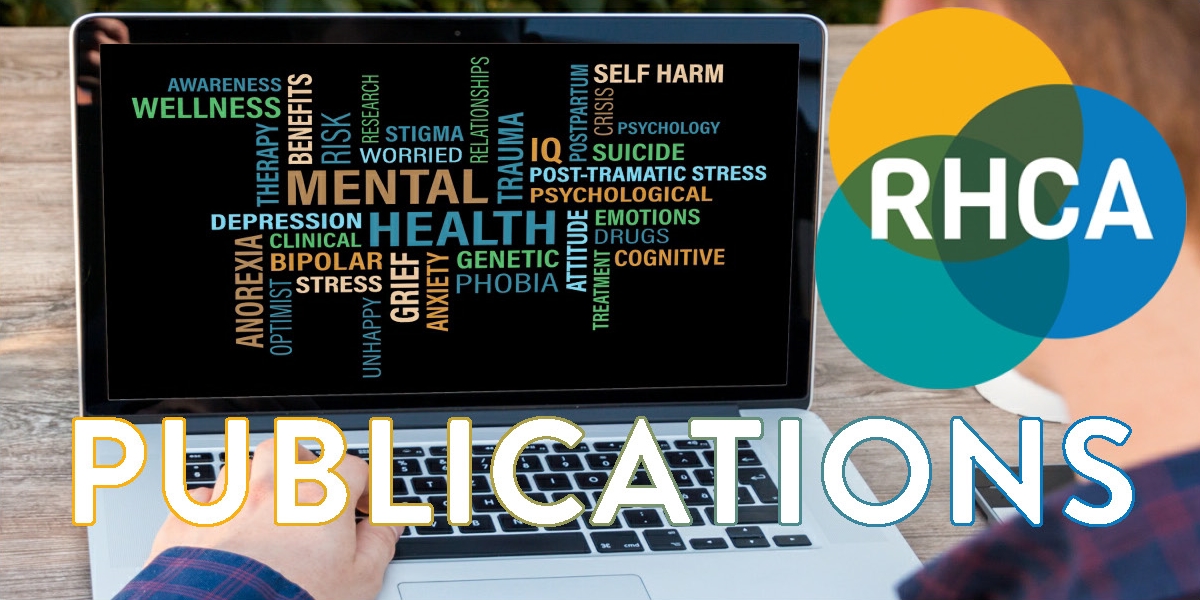 |
 |
 |
 |
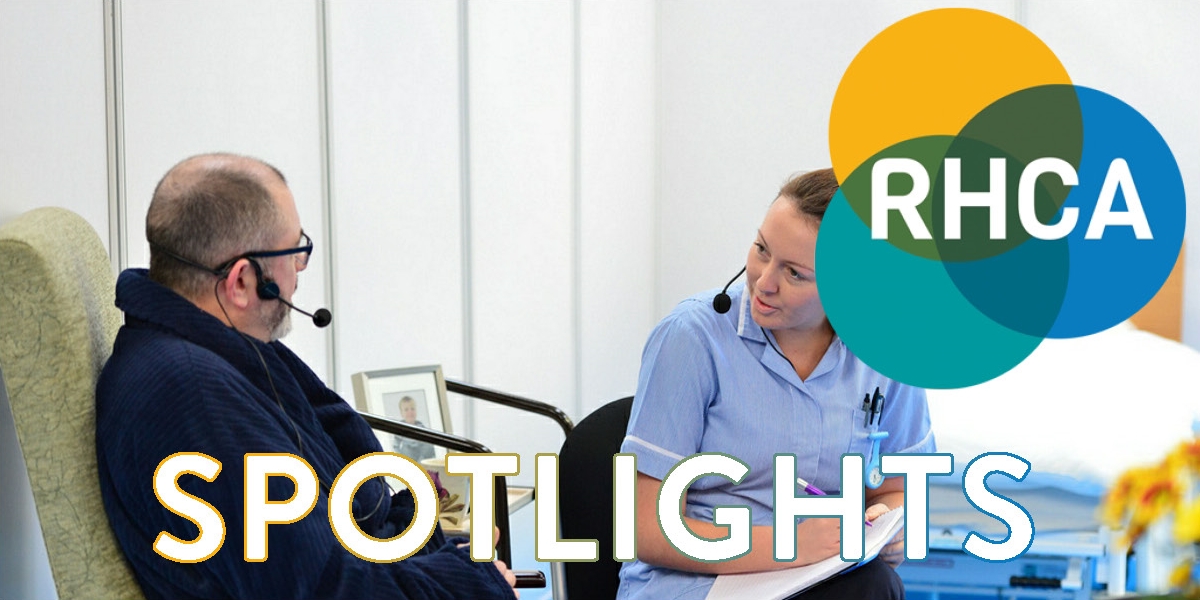 |
 |




